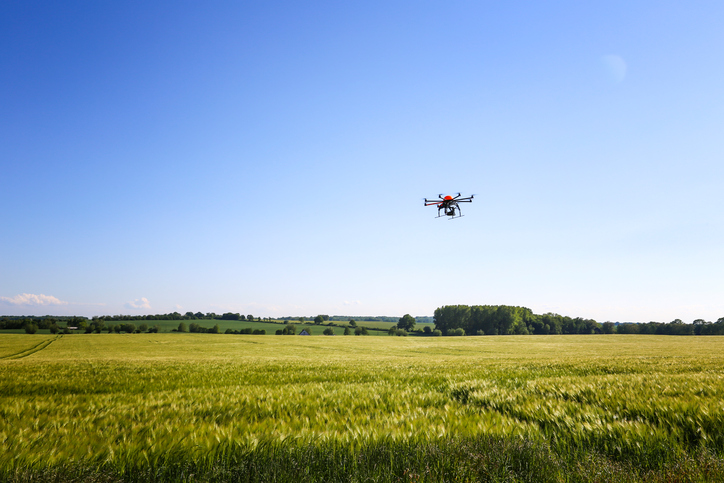The food industries represent a link in the food system that extends from agricultural production to the consumption stages. These industries, which convert raw materials into foodstuffs, implement transformation and assembly processes to obtain foodstuffs with constant properties. They occupy the first industrial place in France in terms of employment and turnover.
They are made up of a few international groups and, above all, of thousands of small and medium-sized companies and very small businesses that try to take into account multiple criteria to produce attractive, safe and healthy food using environmentally friendly processes.
The French food industries are facing two challenges:
- while the quality of products of French origin is recognized abroad, the economic competitiveness of the sector is gradually eroding (the trade balance of trade within Europe , largely positive a few years ago , has become negative since 2018) ;
- the sector must respond to a diversified and evolving demand from demanding consumers while restoring confidence among these users who question the nutritional qualities and health impacts of “industrial” products.
Our national food industries must therefore improve their processes and their products by integrating the context of different transitions (digital, ecological) and different crises (climatic, nutritional: overweight/obesity) that our societies are facing.
The National Academy of Technologies of France, with its multidisciplinary approach and in line with its mission to provide information on the strengths and weaknesses of new technologies, has analyzed how the digital transition could, in the case of the food industry, foster innovation, help to better meet consumer demands and improve competitiveness.
This report first presents the current changes in food behaviors and the general characteristics of the industrial field considered, an essential interface between farmers and consumers. It then underlines that the prerequisite for an optimized use of digital technology is the collection, prioritization and valorization of megadata (or big data). This report lists the various existing or ongoing databases on food composition, nutritional quality, environmental impacts, etc. and stresses that the food industry must make progress in controlling their data.
It is therefore necessary to spread the corresponding culture in the sector. The processing of data by learning technologies associated with artificial intelligence will thus allow to better characterize marketed products, but also, in a prospective way, to design predictive models for the optimization of products and manufacturing chains, aspects that are detailed in several specific chapters of the report:
- food design and composition ;
- operation of the factories responsible for production;
- reduction of the environmental impact of the chain;
- relations with the actors of the food system and, in particular, consumers (transparency, traceability);
- development of new food services.
This overview presents concrete examples of achievements and identifies development paths for which considerable work remains to be done in traditional and emerging sectors.
The exploitation of digital and multiple data constitutes a unique and efficient strategy for solving the complex problems associated with food. It allows, in particular, a systemic approach to the entire agri-food chain.
However, we should not expect miracles from data alone. Progress will require the involvement of prepared minds, hence the important need for training and combinatorial approaches that combine the proposals of data exploitation algorithms with more traditional models and the empirical knowledge of operators.
Numerous recommendations are associated with the different chapters to make a digital switchover within companies a reality. Appropriating digital technologies to better design, control and distribute food products that meet consumer demands using processes with low environmental impact is an urgent necessity and a great ambition that public authorities must support. This industry must voluntarily embark on this path to improve its competitiveness and optimize the practices of a sector with multiple impacts on society.

